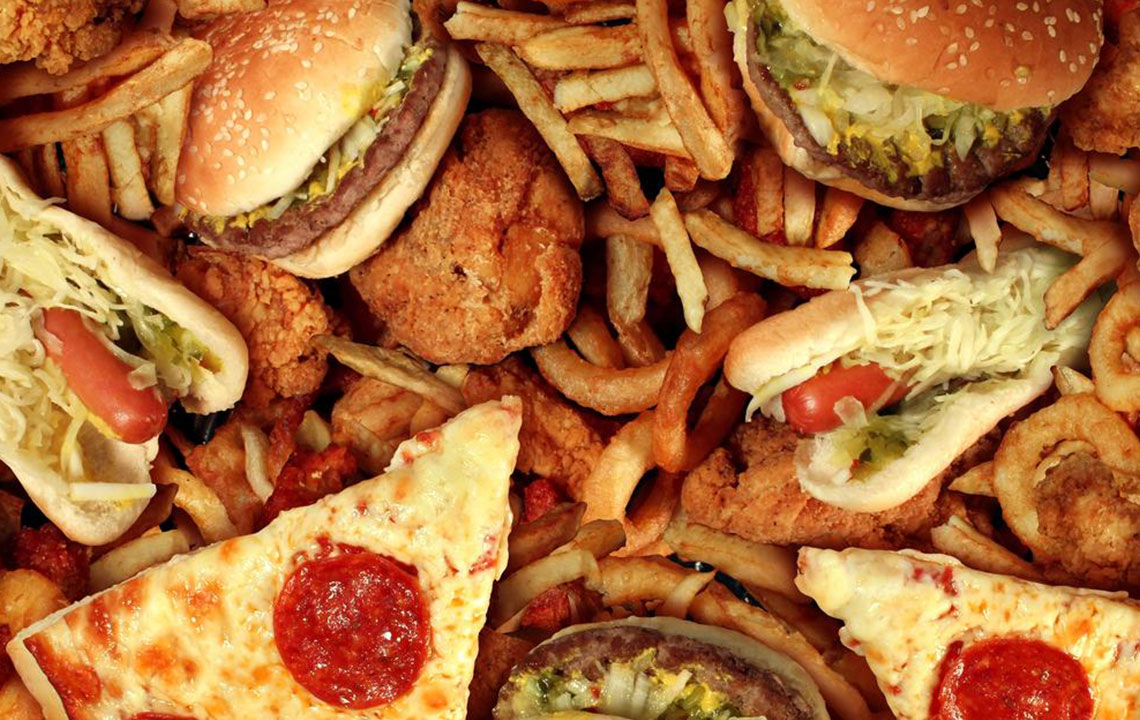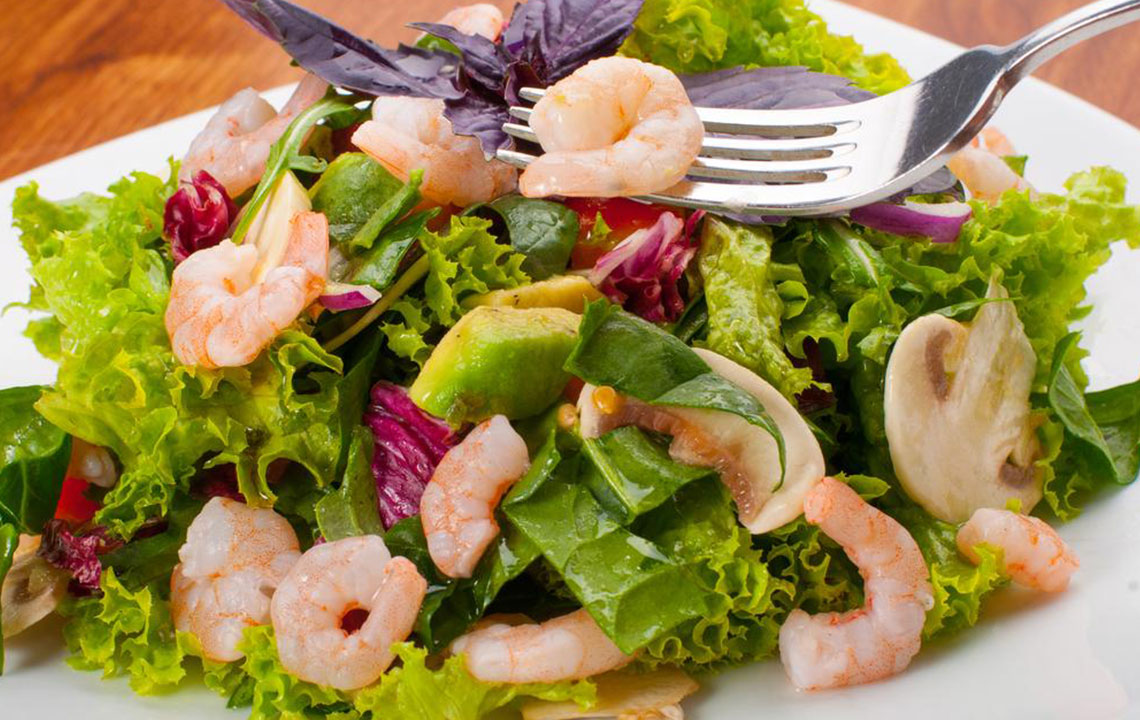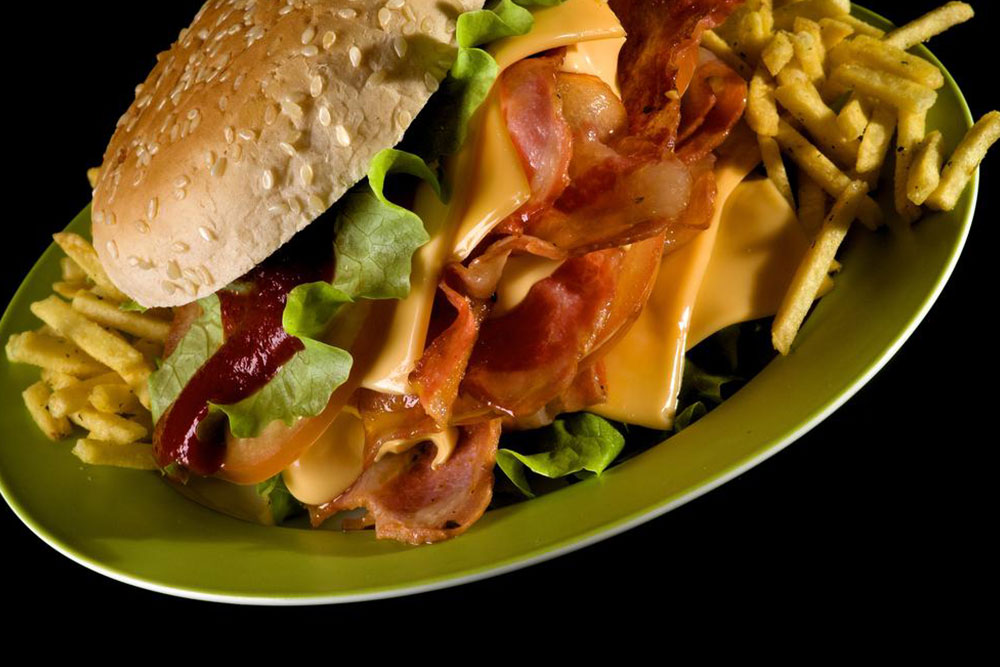Foods to Avoid for Managing Acid Reflux Symptoms
This article outlines common foods that can trigger acid reflux and should be avoided to manage symptoms effectively. It emphasizes the importance of dietary modifications, including limiting caffeine, spicy foods, and high-fat items. Practical tips on meal timing and food choices are also provided to help reduce reflux episodes. Understanding these dietary triggers can significantly improve quality of life for those suffering from acid reflux, making it easier to identify and avoid problematic foods for better digestive health.

Foods That Trigger Acid Reflux and Should Be Avoided
Acid reflux occurs when stomach acid flows back into the esophagus, often due to a weakened or damaged lower esophageal sphincter (LES). The LES normally prevents stomach contents from rising. Certain foods can aggravate this condition and should be limited or avoided.
Below are common foods linked to increased acid reflux risk:
Caffeinated Drinks
Beverages like coffee, tea, and soda, even decaffeinated variants, can prompt reflux symptoms. Consider reducing or eliminating their consumption.
Rich Desserts
Foods like cheesecake contain high fats, which can relax the LES and induce reflux.
Cruciferous Vegetables
Vegetables such as broccoli can increase gas and lead to indigestion, potentially triggering reflux episodes.
Citrus Fruits
Oranges, lemons, and other citrus fruits are highly acidic and can worsen reflux symptoms by relaxing the LES.
Alcoholic Beverages
Wine, beer, and spirits can cause reflux by relaxing the LES and stimulating excess stomach acid production.
Spicy Foods
Hot and spicy dishes like chili and curries are common reflux triggers. It's advisable to avoid them if prone to symptoms.
Chocolate
Contains theobromine, which relaxes the esophageal sphincter and can lead to acid backflow.
Tomato Products
Items like ketchup, marinara, and tomato soup have high acid content and may relax the LES, causing reflux.
Heavy Meals
Large dinners close to bedtime put pressure on the esophageal sphincter. Eating at least 2-3 hours before sleep is recommended.
Meat and Protein
Fatty meats like steak are harder to digest and can aggravate reflux. Opt for lean chicken, fish, or plant-based options; limit meat intake to 2-3 times weekly.
Dairy Products
Full-fat milk and cheeses can increase acid secretion. Water is preferable for relief.
Processed and Fried Foods
Baked goods, cookies, and fried foods are high in fats and preservatives, contributing to acidity and reflux risk.
Mint
While often used to soothe digestion, mint can relax the LES and worsen reflux symptoms.
Onion and Garlic
Common reflux triggers; reducing their intake and substituting herbs can help manage symptoms.
Note:
The information provided aims to guide in managing acid reflux through dietary choices. For personalized advice, consult a healthcare professional. Keep in mind, content may not reflect all individual conditions or latest research updates.










